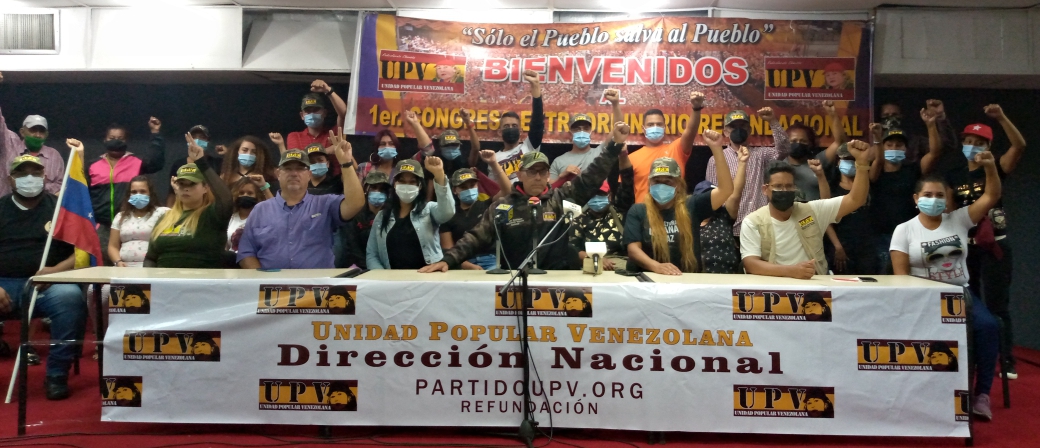Cr. Enrique Schauricht – Senior Outsourcing Department
At the end of July, the Ministry of Economy and Finance (MEF) submitted to public consultation a draft Bill that seeks to establish certain specific changes in matters of Income Tax on Economic Activities (IRAE), in order to give compliance with the commitments assumed before the European Union.
Said Preliminary Draft proposes to extend the principle of the source within the IRAE framework for passive income exclusively, which will be subject to the tax, even if it is generated abroad as long as it is obtained by entities that are members of multinational groups. It is important to note that at the level of business income, the territoriality of the source will continue to be applied as a general principle, with the modifications being exceptions to it. The Preliminary Bill provides that its provisions apply to fiscal years beginning on or after January 1, 2023.
Next, we will make a brief comment on the fundamental aspects of the draft bill.
In the first place, it is important to note that the modifications proposed in the Preliminary Draft apply exclusively to those entities that are part of a Multinational Group.
Definition Multinational Group
It is established that it will be understood that an entity forms part of a Multinational Group when any of the following conditions is verified:
a) when the entity is included in the consolidated financial statements of the group in the jurisdiction of the ultimate controlling entity or, if it should be included therein, if the entity’s equity interests are traded on a public stock market, or
b) if, based on the above hypotheses, it is excluded from the group’s consolidated financial statements solely for reasons of size or relevance.
The permanent establishments of the entities included in subparagraphs a) and b) will be considered members of the Multinational Group in all cases.
What income does the Preliminary Project reach?
The Draft Law basically has the effect of “extending” the source to the following passive income obtained outside of Uruguay by entities that are members of a Multinational Group:
1) Extension of the source of certain passive income. The following income obtained outside of Uruguay by an entity that is part of a Multinational Group is considered income from a Uruguayan source, and therefore pays IRAE, provided that it is not a “qualified entity”:
i. Returns on real estate capital; ii. Dividends; iii. Interests; IV. Royalties; v. Other income from movable capital vi. Equity increases derived from patrimonial transfers of the assets that generate the preceding returns.
Definition of “rated entity”
A qualified entity is understood as one that has adequate economic substance during the fiscal year. An entity is considered to have adequate economic substance if, with respect to each asset that generates said income, it simultaneously meets the following conditions:
a) employs human resources consistent in number, qualification and remuneration to manage the investment assets, and has adequate facilities for the development of this activity in national territory;
b) makes the necessary strategic decisions, and bears the risks in national territory;
c) incurs the appropriate expenses and costs in relation to the acquisition, possession or disposal, as the case may be.
The requirements of literals b) and c), will not apply to entities whose main purpose is the holding of equity interests in other entities (Holding). Nor will these requirements apply to entities whose main function is the holding of real estate. In other words, in the case of holding entities and property owners, the only substance requirement requested is that detailed in literal a).
2. Extension of the source of income from intellectual property.
The income derived from intellectual property rights obtained by an entity that is part of a multinational group related to patents or software registered, alienated or used economically outside Uruguayan territory, in the part that does not correspond to “qualified income”. “Qualified income” is understood as the amount that results from applying to the income from the exploitation of intellectual property rights related to patents or registered software the quotient that arises between the expenses and direct costs incurred to develop each asset increased by 30 % (without considering expenses with non-resident related parties) of the total expenses and costs incurred to develop each asset.
Anti-abuse clause contained in the project:
A specific anti-abuse clause is incorporated. The Tax Administration may ignore the forms, when there are mechanisms whose main objective is to obtain a tax advantage, and there are no commercial reasons that reflect the economic reality of the entity. The consequence of the application of this anti-abuse clause is that it empowers the General Tax Directorate the possibility of reclassifying the income or the entity as “non-qualified” and, in this way, determine the tax obligation based on it.







